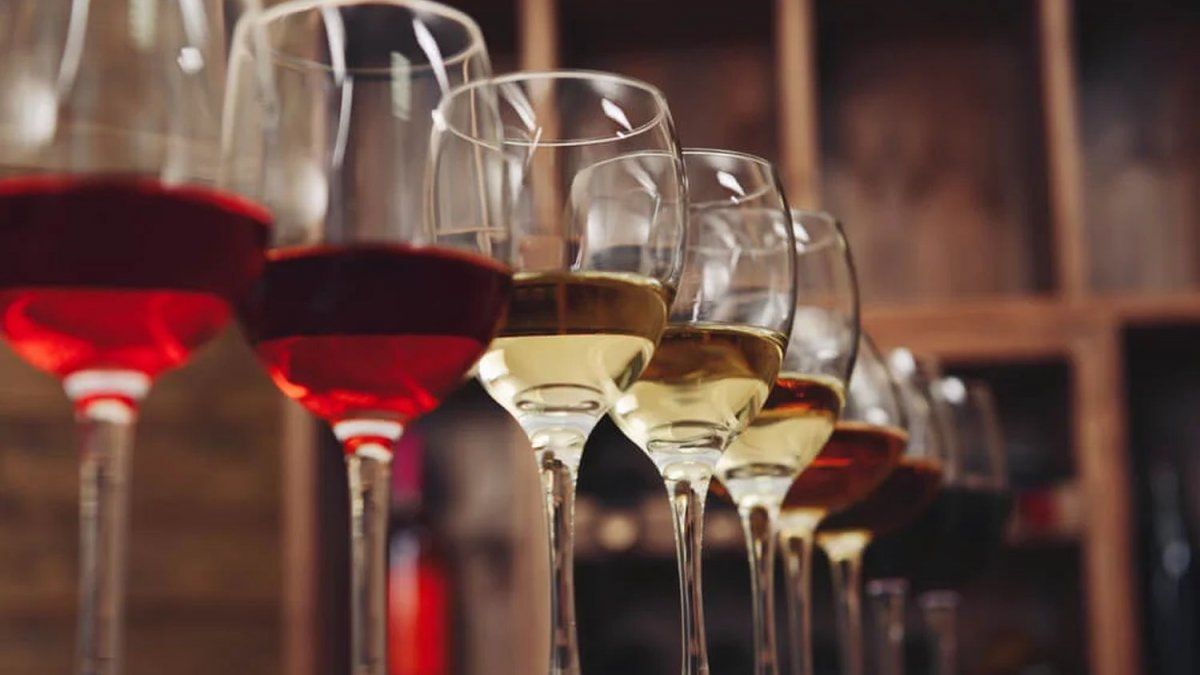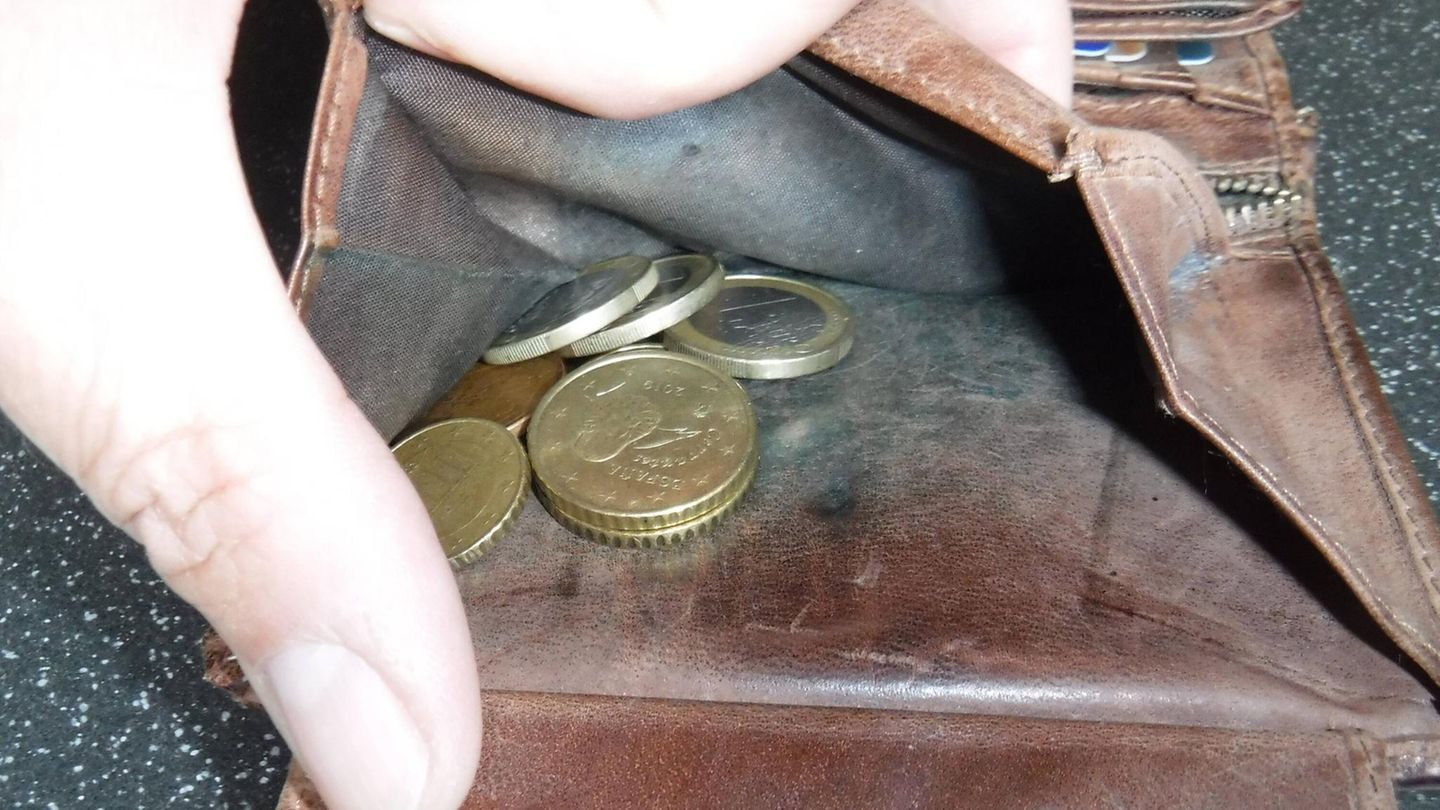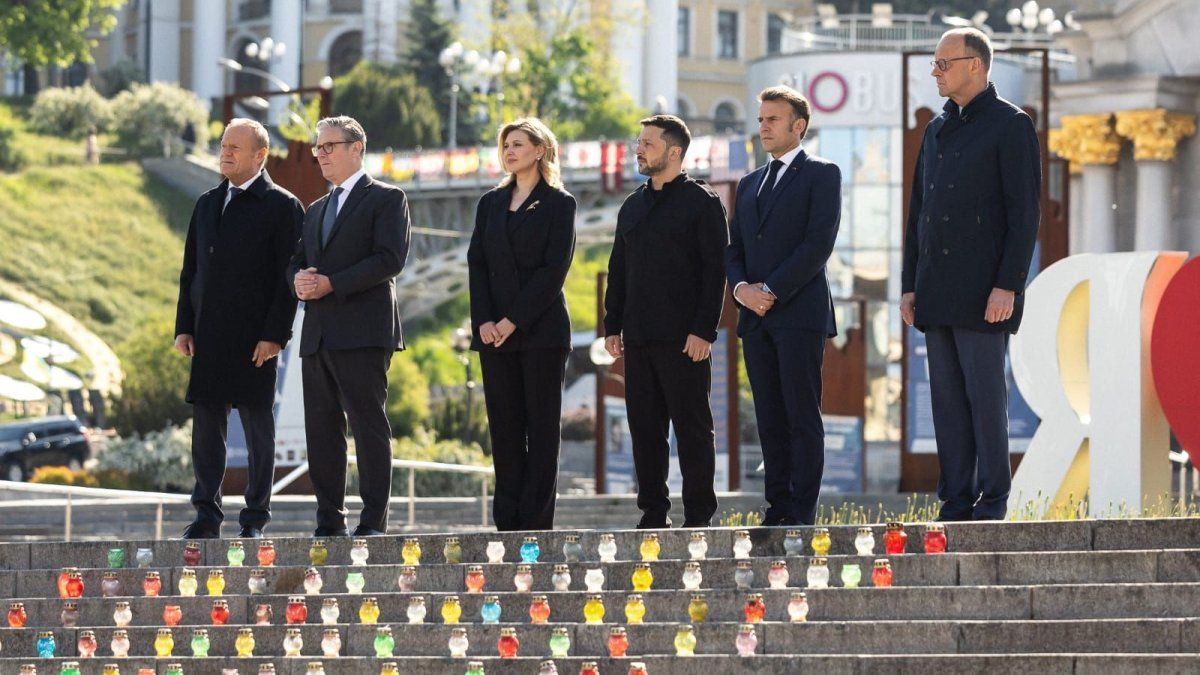A while ago (not too long ago), after having taught an Introduction to Sommellerie class, a student stopped me before returning home and said: “Professor, do you know why I like your classes? Because of the way he dictates them.”
This resonated deeply with me, because although the content provided must be of the highest quality, the way or how I communicate ideas and concepts is essential. I would say determining.
I have been a journalist since I can remember and I always wanted to reach the heart of the recipient through my way of communicating, transmitting, and informing. I think all the time about the audience, who is standing in front of me, paying attention to me and I consider them as much a protagonist as my role as broadcaster.
Motivating others, captivating them and persuading them with solid arguments is my central objective. And, in the world of wine, this is fundamental.
Since I was little, I have heard phrases that have crossed generations and borders, which were not positive for the most noble drink in the world. That wine is “elitist”, that it is “only for connoisseurs”, that it “intimidates”, that it is only “for older people”, that it is “very formal” or that it is “very formal”. And we could continue. Here are urban legends that, unfortunately, alienated the consumer.
My idea is, on the contrary, to unite wine-loving audiences through optimal oratory. From a simple, direct, uncomplicated language. I am passionate about having feedback, achieving a fluid back-and-forth in which we are all main actors. When someone, at a tasting, a paired dinner or a class, claims to “not know anything,” I reply: “We all know. It is a matter of acquiring practice and confidence.” Thus, I give them security and they quickly get into the mood, losing previous fears or doubts.
Wine is sharing, experiencing a unique, unforgettable and relaxed moment. A “chin chin” is synonymous with friendship, unity, without fear or anguish to express sensations when we enjoy a drink.
For all these reasons, as a journalist and sommelier (combining the two passions is something wonderful), I find public speaking a key factor to transmit wine knowledge in the most dynamic and playful way.
When I refer to public speaking, I do not only emphasize the “art of speaking eloquently.” I also propose modulating the voice, regulating tones, gesturing with style, handling the body with seduction and ease.
I return, then, to how I communicate wine. It must be with presence, combining the verbal with the gestural. Without being technical or boring, which will distract the public.
From a convincing message, supported by solid knowledge, wine is a drink that must be narrated, told and communicated in such a way that the recipient acquires the best tools so that, later, he is the one who communicates to others everything he has learned from the wine. issue. Welcome to the oratory of the most mystical brew on the planet!
Tips for a good speaker
Every wine communicator must have:
- Good diction
- Security
- Seduction through words and body
Additionally, you must:
- Transmit and communicate concepts with fluency, clarity and charisma
- Interpret the interlocutor
- Capture the public’s attention
- Know and know the topic you are talking about
- Adjust the speech to your audience
- Vary the tones of voice
- Be interesting or appear that way
- To be honest
- Organize what you say or explain
- Persuade and convince with arguments
Sommelier, creator of “The Oratory of Wine.”
Source: Ambito
I am an author and journalist who has worked in the entertainment industry for over a decade. I currently work as a news editor at a major news website, and my focus is on covering the latest trends in entertainment. I also write occasional pieces for other outlets, and have authored two books about the entertainment industry.




